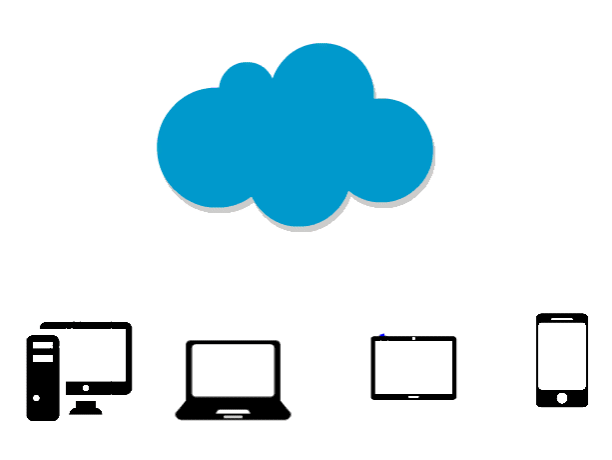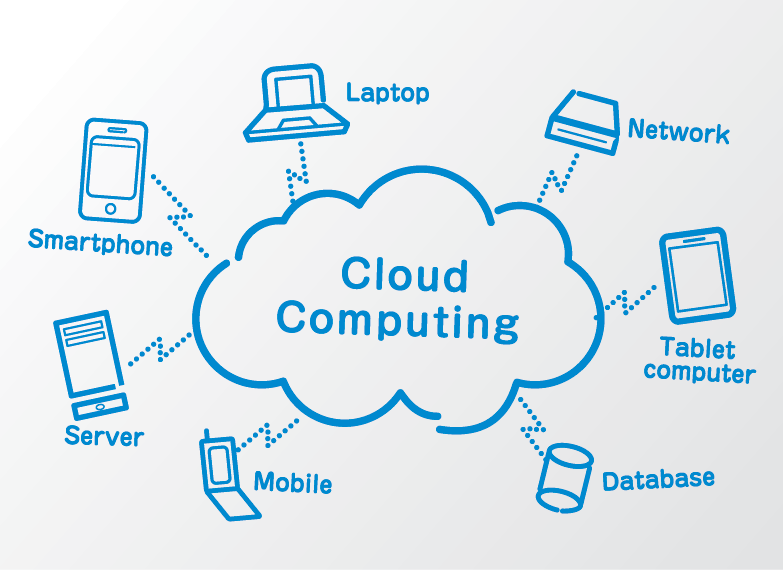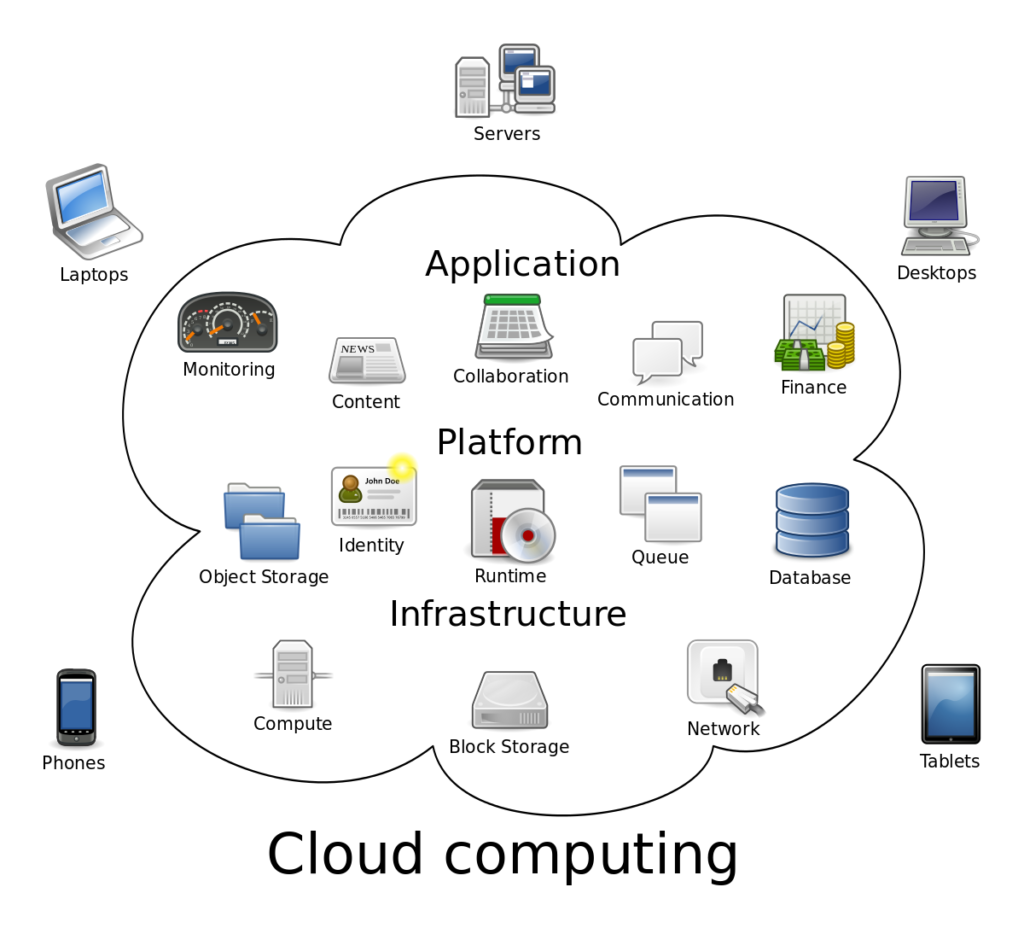About Cloud
The term cloud is just an internet metaphor. The cloud is a database network. We preserve our data in the cloud. At least once a day, nearly everyone uses the cloud. By testing our e-mail, we use a cloud. We’re using their cloud directly any time we use Gmail, Yahoo mail, dropbox, Facebook, and google docs. The cloud is a vast memory space where our data can be processed in cloud computing. For example, when we upload a Facebook picture, it will stay there till we delete it. This picture is not saved on our computer so it will still be on Facebook when we erase the same picture from our computer.
Have you ever considered where all the images saved on Facebook are posted? Our images are stored in the Facebook cloud. Most of us store our essential Dropbox files to prevent us from taking them everywhere we go. We also store our data in a cloud in this case. Our emails are the same. Our e-mails can be reviewed from anywhere in the world on any device. Our inbox looks the same on any device as the email is saved in the cloud. Where we open our email doesn’t depend. The Internet is a common feature in all the above instances. To do all this, we just want a connection to the internet. That is why the term cloud is used as an internet metaphor.

About Cloud Computing
The term “cloud” has become in recent years the most fascinating term for people who are connected with computers or want to learn computer science. The origins of cloud computing were in the 1950s. It is quite confusing for most people since everyone has a different meaning of the word “cloud computing.”
Instead of providing local or private servers, cloud computing depends on sharing computing resources. Simply put, it means saving and using a network link to access your data, which is typically the Internet, instead of the hard drive on your computer. We would assume that you can refer to cloud computing when you store your data or programs on the internet. It just works against the fact that your data will be named local or local computers when stored on your computer’s hard drive.

Importance of Cloud Computing
A few of importance of cloud computing are stated here:
- Measured Service – The service providers handle the infrastructure and personnel. This relates to the distribution and billing of services. Both programs for consumers and suppliers can be evaluated and used transparently.
- Network Access – The services offered by the service provider are accessible online and any form of the user who knows the network structure can access them. The tools from every desktop to mobile phone device can be accessed.
- Rapid Elasticity – The cloud adapts to the immediate requirements. Functionality, resources, and users can be easily added or disabled. The system is sufficiently elastic to meet special needs and the system would then back to its normal state. There’s a limitless cloud. The consumer must buy the amount required.
- Resource Pooling – Efficient allocation of resources or computing power among the users according to their requirements is provided. The resources are distributed and reallocated in compliance with changing user needs.
- On-demand Service – Consumers may use the service wherever and whenever they need it.

Kinds of Cloud
Four different cloud models are available. They’re like this:
- Hybrid Cloud
The hybrid cloud is one or more clouds in combination. It improves computational versatility.
- Community Cloud
Many entities receive a cloud service from the community cloud. The cloud is operated in a combined way by the entire company or by a third party, that is, they may be locally or off-site.
- Public Cloud
The service provider provides the public cloud with the software to the general public. Resource owners and infrastructure have internet connectivity to their facilities. Customers do not have infrastructure power nor are they aware of the network. These clouds are very wide and are the most effective in common resources. A public cloud has its characteristics:
- Application code can be checked and created
- Application structured workload
- It is possible to increase the capability
- The best option for the project partnership
- Private Cloud
This cloud is a specific organization. They work in a firewall. This cloud form is safer and more stable. There are two differences in the private cloud.

- Externally hosted private cloud – This kind of cloud is used by an enterprise but is featured by a third party specializing in cloud infrastructure. Typically this third party is indeed the service provider. The service provider should maintain the organization’s complete privacy. Private cloud characteristics are:
- Effective data-proof cloud
- Services consistent
- More power of the server
- On-premise private cloud – The company that uses the cloud hosts this sort of cloud. It is used for applications where the company needs full infrastructure configuration and control.
The word “cloud” is the most interesting expression in recent times for people who want to learn computer science or who are related to computers. Most people are very puzzled since the term “cloud computing” has another meaning. Cloud computing focuses on the sharing of computing resources rather than having local or private servers. Simply put, this means to save and access your data through a network connection, which is the Internet rather than the hard drive on your computer. We suppose that when you save your information or program on the internet you will refer to cloud computing. It only works to counter the fact that when your data is stored on your computer, it will be called local computers.




















